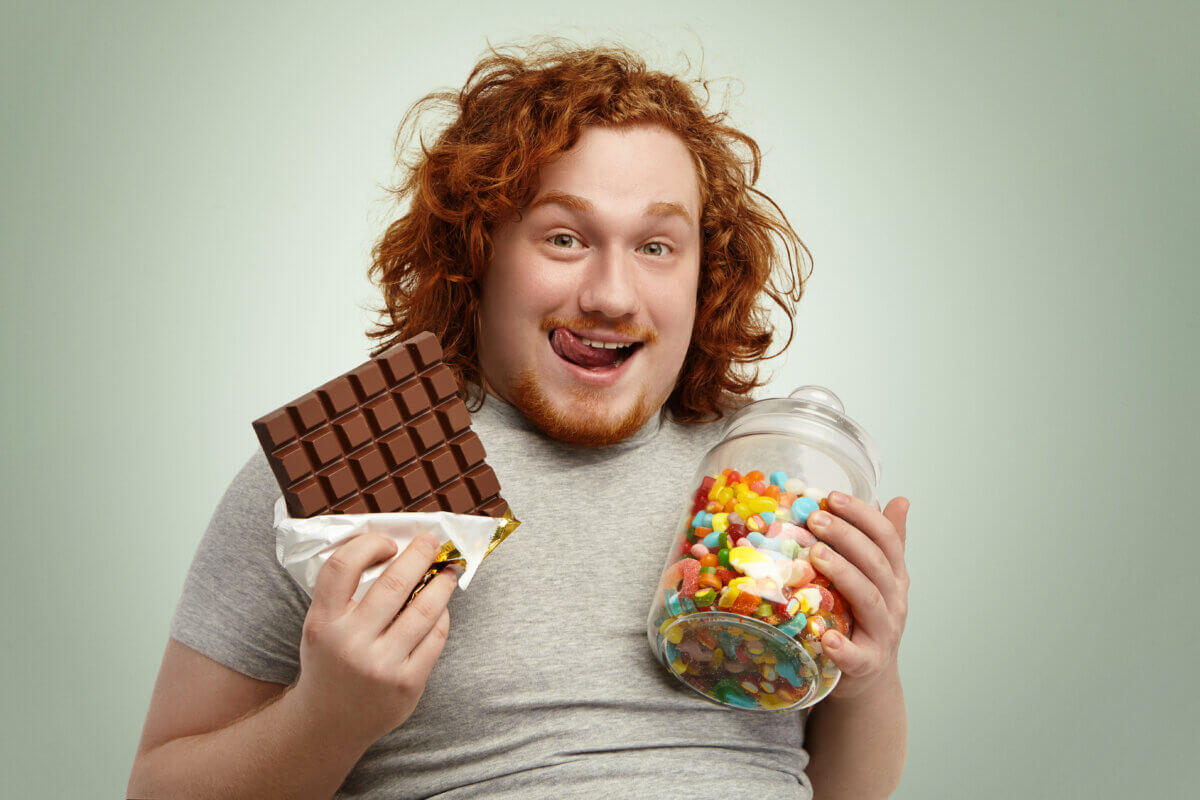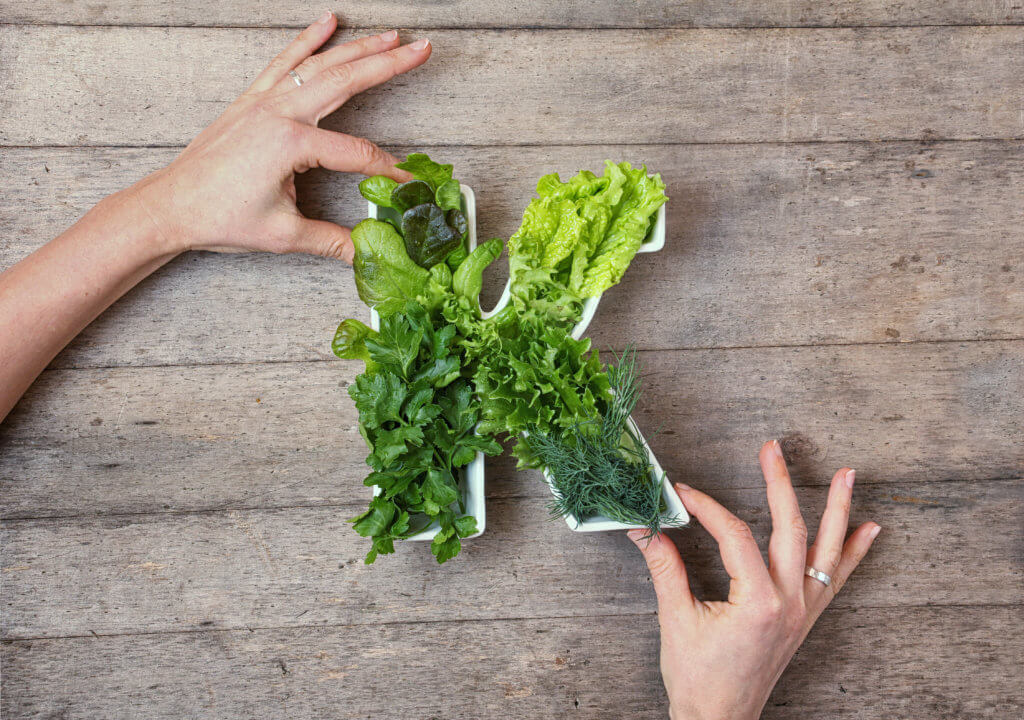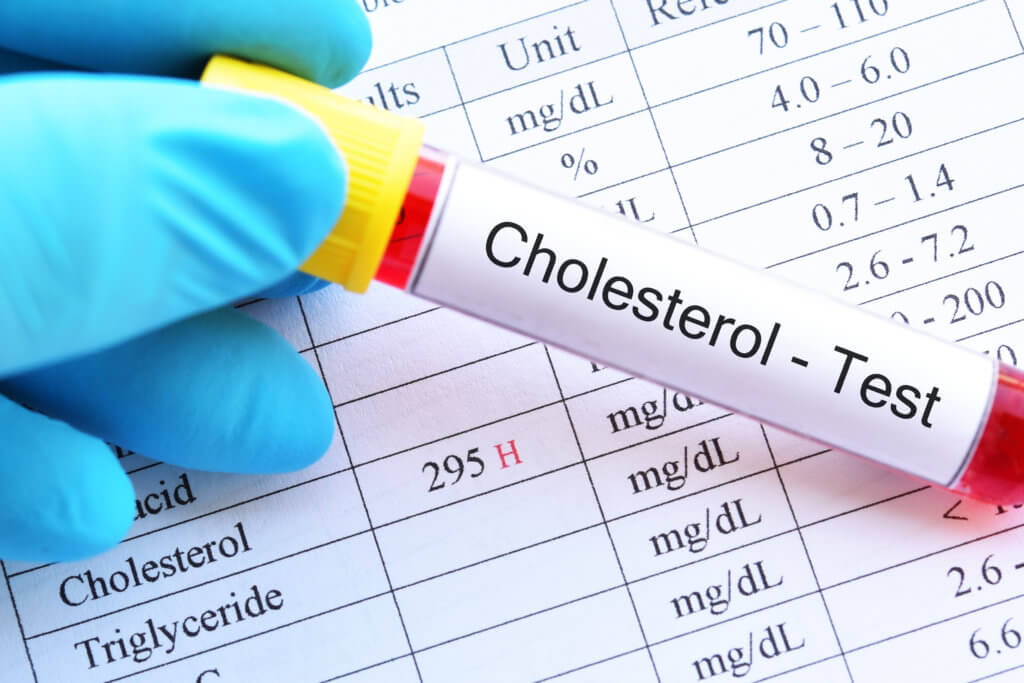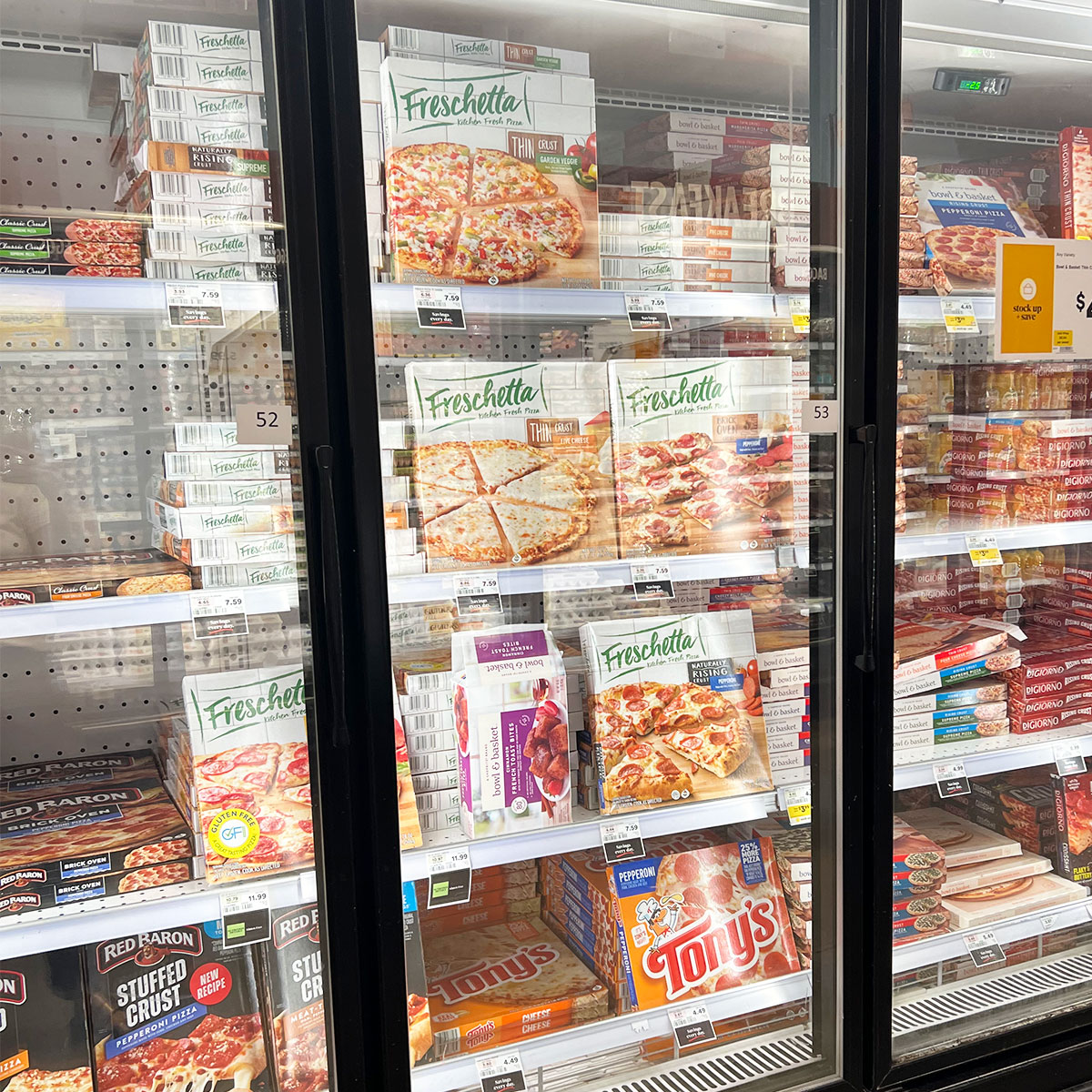Are you going to automatically get fat from eating fat? No. There isn’t a single nutrient that will inherently make you fat when you eat them in reasonable amounts, and not in excess.
In the 1950s, the “saturated fat causes heart disease” hypothesis was born. This stirred up lots of fear about saturated fat that still exists even to this day, yet now we understand that there are more factors to the role saturated fat plays in our diet.
From this original idea, however, the U.S. Department of Agriculture developed the classic food pyramid in 1992. The category to eat the least of was titled “fats, oils, and sweets.” Not only did this encompass fried foods, but also things like olive oil. It encouraged a low-fat diet in order to slash heart disease risk, and people listened.
Not to mention, fat has nine calories per gram while protein and carbs have four calories per gram. This concerned people as well. However, instead of just focusing on healthier fat choices, people opted for “diet” products and highly refined foods that are high in carbs but low in fat. In the 1990s, companies noticed that low-fat diets were all the rave and pumped out products that customers would buy. To make food taste good with little to no fat, they just added more sugar.
Will eating fat lead to getting fat?
Eating anything in excess will lead to weight gain. Also, not all fats are created equal. Eating half an avocado every day is different than eating fries every day. Including healthy fats like olive oil, avocado, seeds, and fish in your diet can help to maintain steady blood sugar levels and help you feel full after your meals. This actually helps prevent overeating. The same can’t be said about highly refined foods like pretzels and candy, both high-carb and low-fat foods that don’t satisfy you and keep you reaching for more.

3 health benefits of fat
1. Fat helps you absorb more nutrients from food
A little olive oil or salad dressing can actually help your body better process the nutrients in your food. Kale, a popular salad base, is rich in vitamin K. Vitamin K is a fat-soluble vitamin, meaning it needs some fat to absorb properly in your body. The idea that fat-soluble vitamins even exist goes to show that humans don’t need to eat the lowest fast diet possible.

2. Increases “good” cholesterol
You may have heard that fat raises cholesterol, so it should be avoided. There’s nuance to this, but monounsaturated fats have been shown to increase HDL, or “good” cholesterol.

3. Supports your cells
Our cells are surrounded by a fatty membrane, which keeps our cells well-protected and in tip-top shape. Eating enough fat is crucial to make this membrane.

Bottom Line
Fat isn’t the enemy it’s been made out to be for decades. It is a crucial nutrient that gives us energy and supports our body in carrying out various processes, including absorbing other nutrients. It isn’t something to be afraid of. Just be mindful of sourcing your fat from healthy whole food sources and not refined cakes, cookies, and fried foods.
You might also be interested in:



